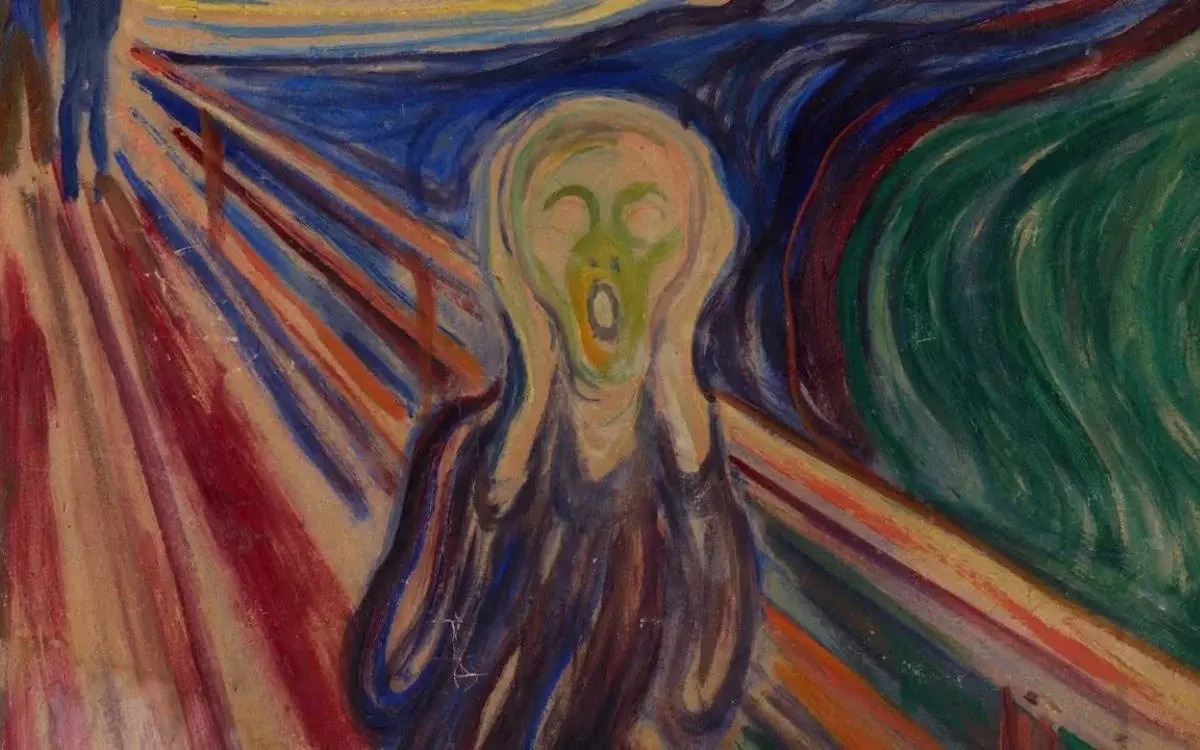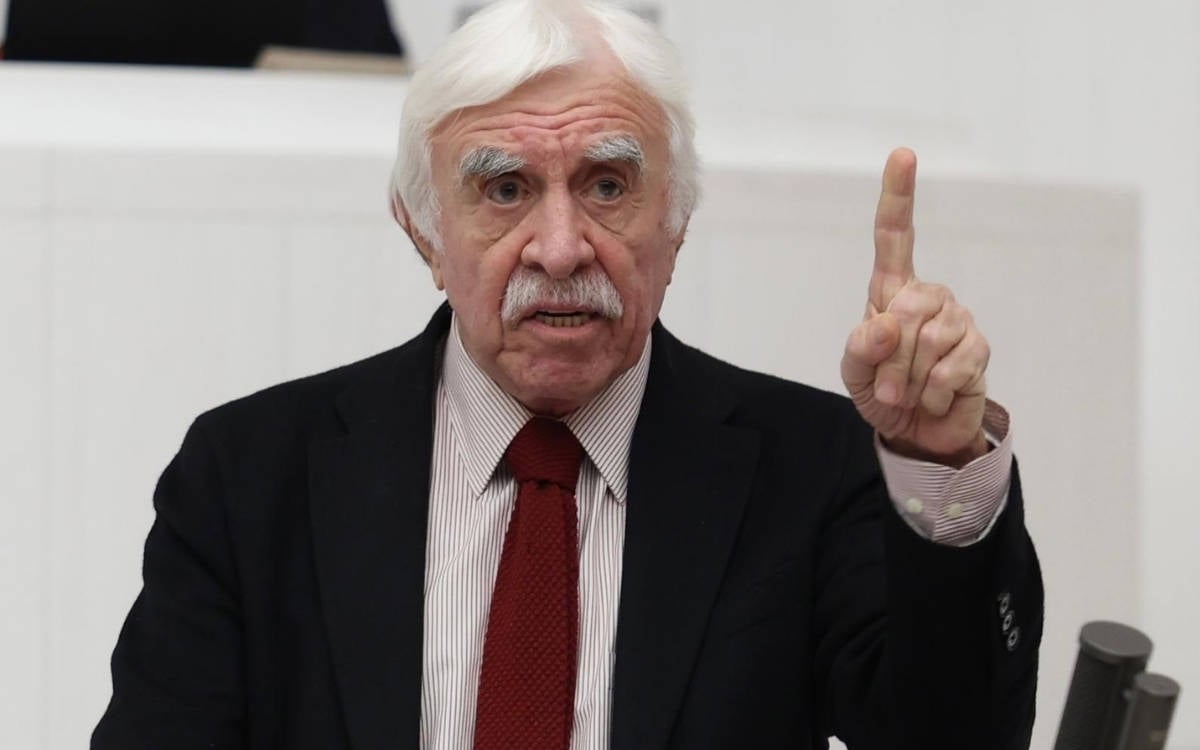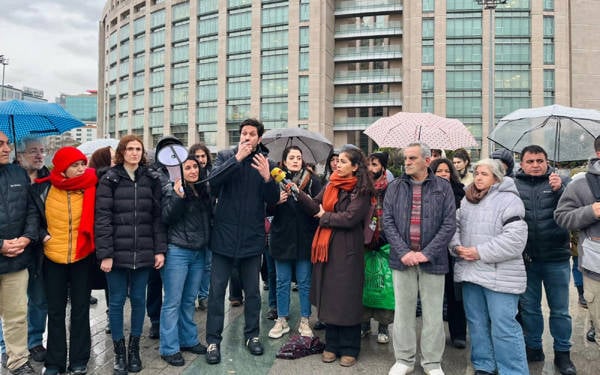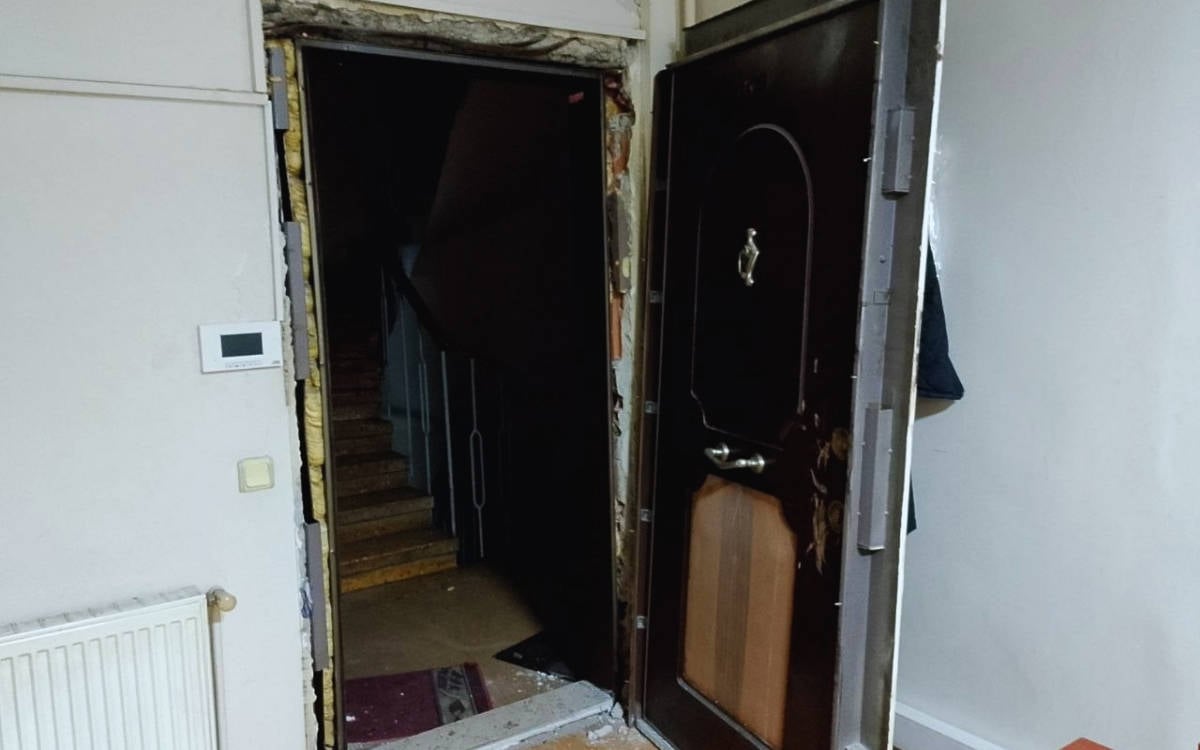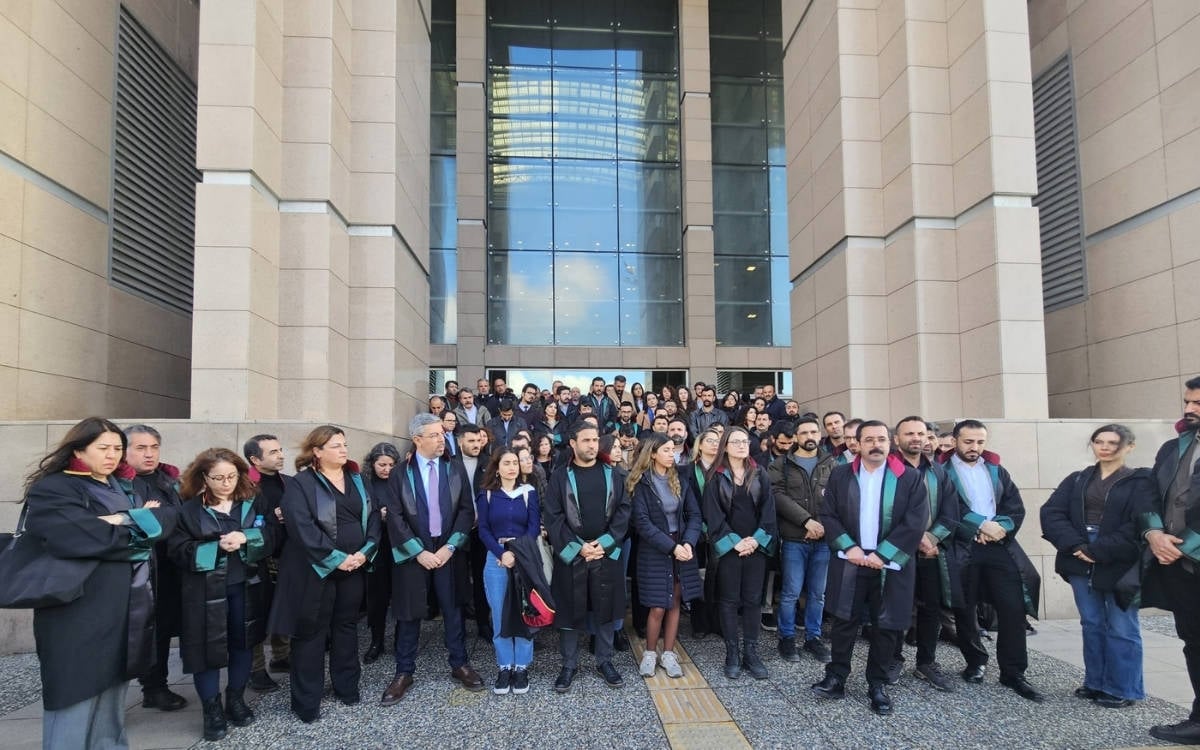Eco-anxiety is defined as the sum of feelings such as anxiety, fear and concern regarding ecological crises including environmental problems and the climate crisis. Such feelings emerge when people develop an anxiety regarding the future in the face of threats such as the loss of nature and biological diversity, environmental pollution and climate disasters.
Eco-anxiety, due to uncertainties and threats often related to the future of nature and the environment, can lead to psychological symptoms in individuals that range from depression to anxiety disorder and stress. This type of anxiety is especially widespread among youth and climate activists.
The concept had become part of a wider scope of debate especially as the impact of the climate crisis and environmental disasters has increased. Increased scientific research in the fields of the climate crisis and the destruction of nature since the late 2000s, has led to the definition of the concept within an academic framework. And from 2017-2018 on, eco-anxiety has been markedly more discussed in academic literature.
“Guilt, sadness, despair”
Yunus Kara, Research Associate at the Altınbaş University Faculty of Economic, Administrative and Social Sciences Department of Social Services told us about the history and development of the concept of eco-anxiety:
“Since there are many forms and varieties of anxiety, the concept of anxiety can be deceptive in the definition of eco-anxiety. Anxiety can reveal itself as a feeling, and attitudes, behavior and expressions related to ecological affectivity contain anxiety-like manifestations. Ecological feelings are feelings that mediate the concept of eco-anxiety and have ties with this concept. The definition of and discernment regarding such feelings will help towards a better understanding of the concept of eco-anxiety. Feelings related to ecology can be listed as follows: Guilt, sorrow, trauma, despair and anger.
“Definitions included in the report published by the American Psychology Association and ecoAmerica titled ‘Mental Health and Our Changing Climate’ and developed by Glenn Albrecht are often used. These definitions draw a general framework of eco-anxiety, displaying a broad reaction against the condition of planetary ecosystems. These definitions of eco-anxiety include “ a chronic fear of environmental disaster”, ‘generalized feeling(s) that the ecological foundations of existence are in a process of collapse’, and ‘a non-specific anxiety regarding our relationship with support mechanisms’.
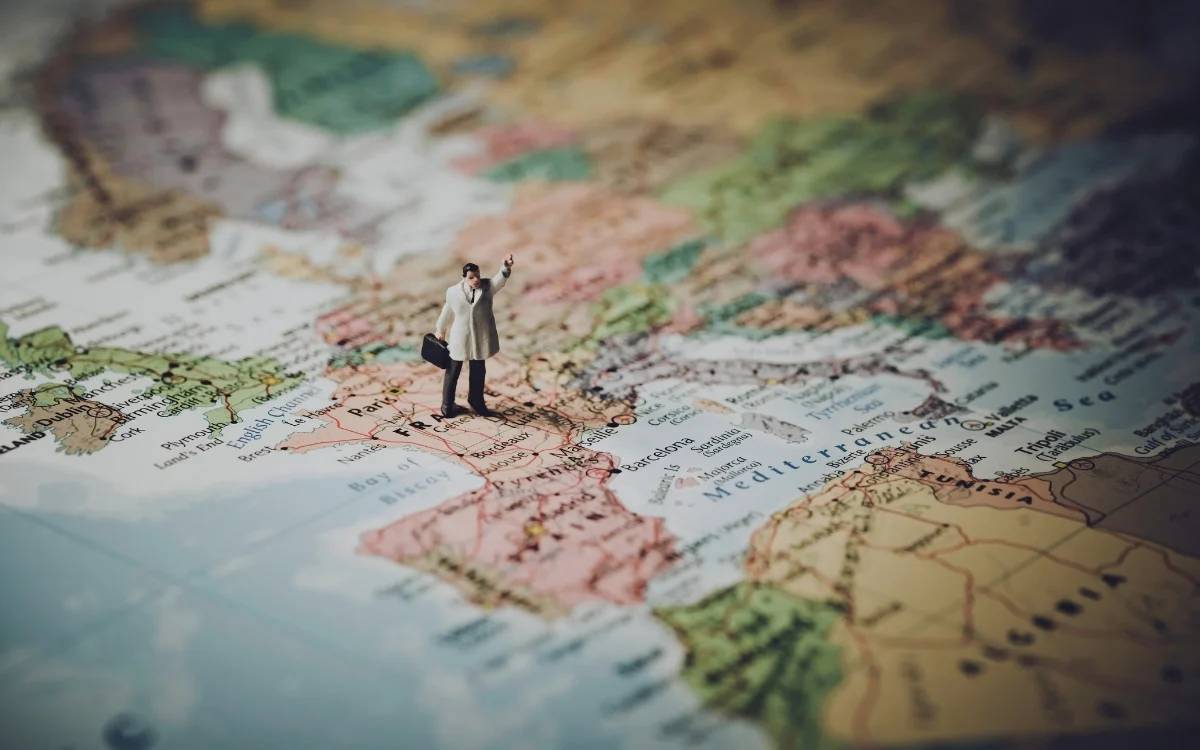
Anxiety
“As these definitions suggest, anxiety is closely related to fear and concern, yet is considered distinct. Standard definitions reveal that fear suggests a concrete threat, while anxiety is borne out of a troublesome situation that involves more uncertainty. Departing from these definitions, it is possible to define eco-anxiety as a condition of uncertainty regarding the future of the world and all the living beings that inhabit it, and feeling concern regarding ecological disasters that may take place as a result of the climate crisis.
“The outcome of eco-anxiety is shaped in various dimensions by socio-cultural factors, power dynamics and problems of environmental justice. The COVID-19 pandemic, the climate crisis, and other crises that may develop in the future could result in eco-anxiety becoming more visible and intersecting with different forms of anxiety. Ecological crises including the climate crisis can lead to feelings of uncertainty, unpredictability and uncontrollability, which are all classic components of anxiety.”
“It is important to put up a fight”
Nil Ormanlı, from the Prosumer Economic Society and the Change.org Climate Project, explains eco-anxiety, which she, too, from time to time suffers from, as follows:
“The feeling of concern people have regarding their future is a reflection of eco-anxiety. The feeling that the end of the world is near creates great despair. This anxiety suffocates people even more during instances of major ecological disasters, forest fires or similar hazards. I think everyone experiences this anxiety to some extent, yet it is important to put up a struggle against this feeling. I, too, experience this anxiety from time to time, but I try to suppress it since it is also my field of work. That is when I ask myself, ‘What can I do as an individual?’
“We may not be able to do something alone, but if we come together, we can do a lot. That is why I do not make light of any action I take, because these small steps can combine to create great change. Sitting at home and feeling sorry does not help, we have to reach whomever we can to communicate our demands. That is why I try to focus on positive news. Unfortunately, we generally come across negative news, yet there have been positive achievements, too, in recent times. That is what I try to explain to others.
“For instance, I was highly motivated by the cancellation of the Presidency’s ‘Decision of Urgent Expropriation’ that would have exposed agricultural land in the Avdan Village to coal mining. The cancellation of the construction of a thermal power plant in Çanakkale was also important. Another example was Turkey’s signing of the United Nations (UN) Convention on the High Seas, which is expected to open a new era in the protection of world seas and oceans. Such examples help me suppress my eco-anxiety.”
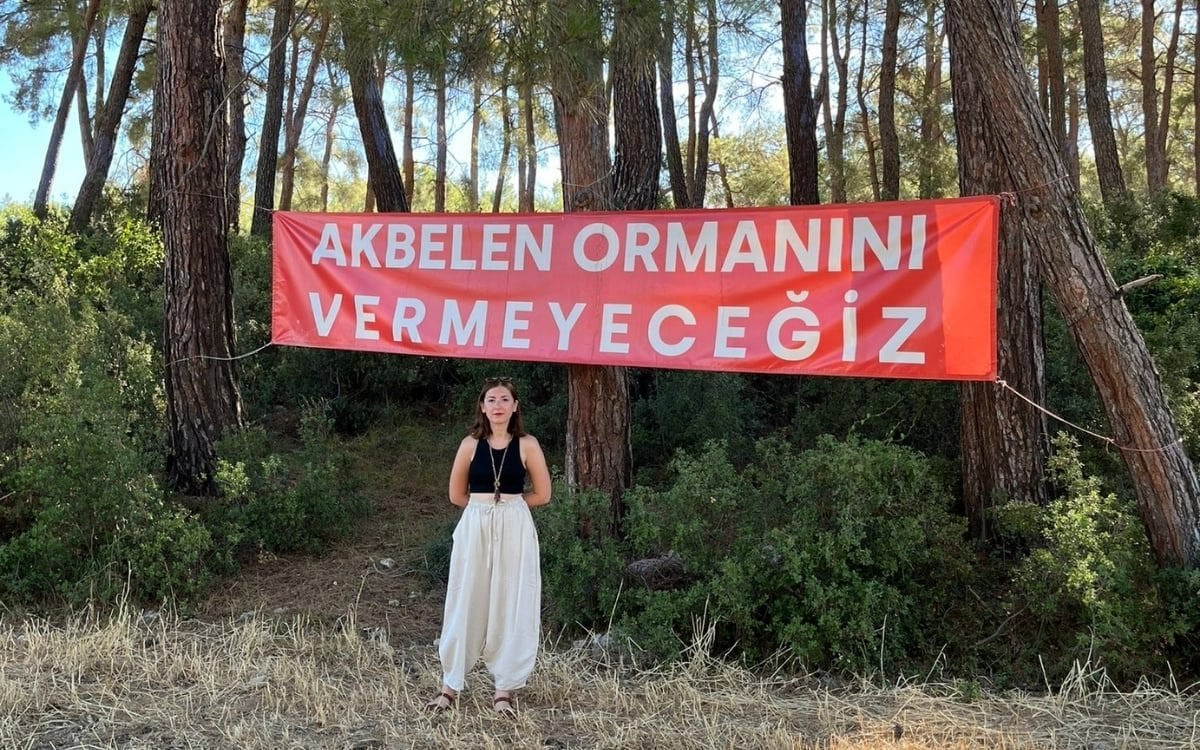
Coping mechanisms
There are various methods to cope with eco-anxiety. Although it is natural to feel anxious about major complex problems like the climate crisis, it may be a healthier approach to accept such feelings with awareness rather than trying to suppress them. Collecting information regarding environmental problems, too, will help us understand the source of our concerns.
The following is advised to cope with such concerns:
- To make sure that news resources regarding the climate crisis and environmental disasters are reliable. To avoid information pollution as much as possible.
- To unfollow accounts on social media that share environmental disaster scenarios.
- To be aware of thoughts and feelings one has regarding environmental disasters that have taken place, and to allow space for such thoughts and feelings.
- To connect with people who feel the same way regarding the climate crisis, share feelings and thoughts and to receive social support.
- To take action departing from the anxiety. To take individual steps, however small, to prevent the climate crisis. (TY/NHRD)
This news report was produced with financial support from the Oslo Metropolitan University Journalism and Media International Center (OsloMet-JMIC). Only the IPS Communication Foundation/bianet is responsible of the content of the news report and it in no manner reflects the views of OsloMet-JMIC.






